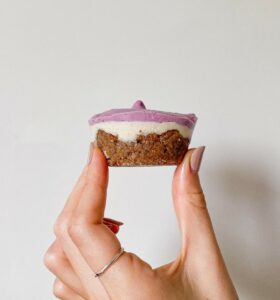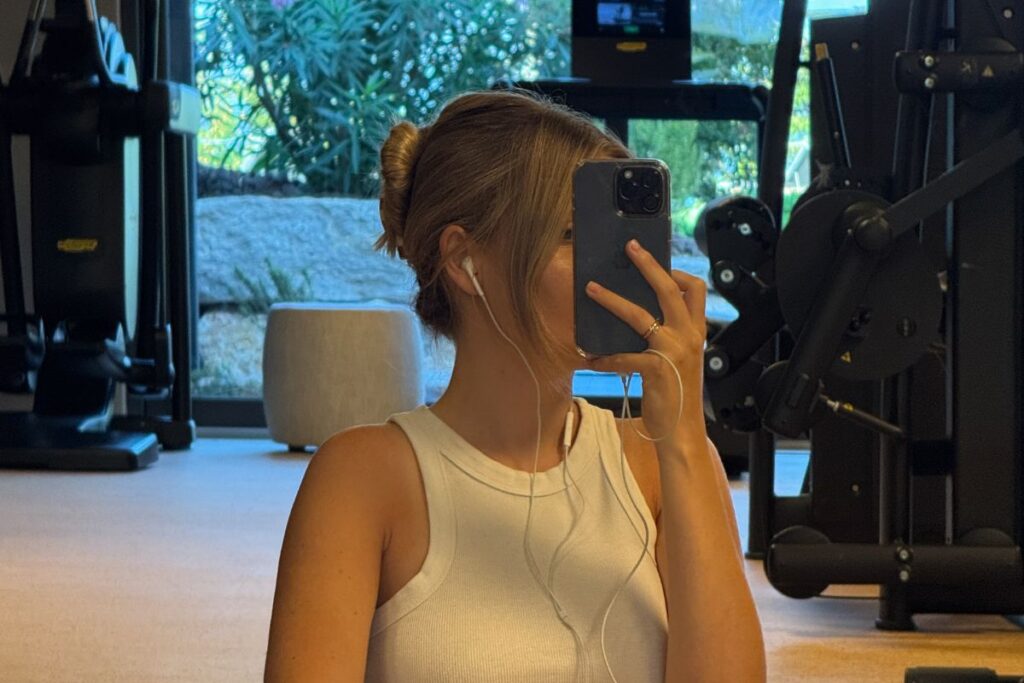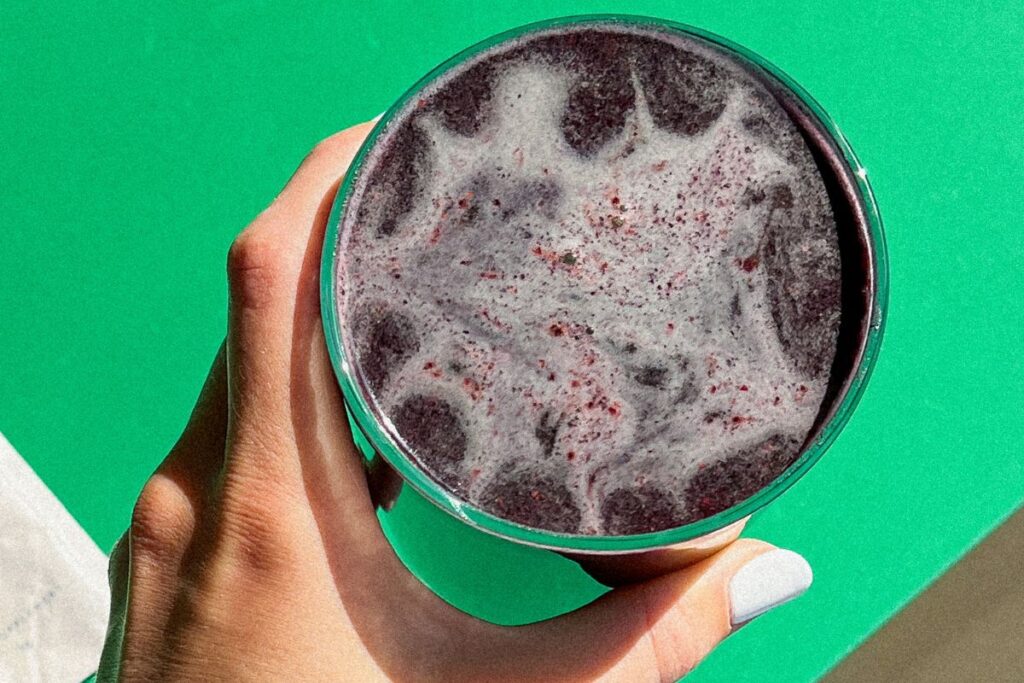Probably, we have all experienced trying to start exercising multiple times, only to give up after a while. I believe that avoiding this happens only through developing long-term habits. Building them takes time, but this is exactly the strategy that helps prevent “losing” exercise after just a few workouts.
Tips on How to Make Exercise a Long-Term Habit
Start with an easy action
The best way to get used to exercising is to begin with an exercise so easy that you can do it even when you lack willpower or motivation. Start with something so simple that you can’t say “no” to it.
Take small steps
When deciding to start exercising, it’s important not to overdo it. For example, very intense workouts at the beginning can later be associated only with exhaustion, and you may return feeling angry and tired. So, it’s recommended to start slowly. You can begin daily workouts with just 5 minutes of mat exercises or start running with 20 minutes of brisk walking.
In the beginning, the most important thing is to create a new routine that you will stick to, rather than focusing on the results. In other words, for the first 6 months, it’s more important not to skip workouts than to focus on progress.
Incorporate exercise into your routine
Each of us has a daily routine and performs certain actions automatically out of habit. This is exactly how you should look at workouts. If you can create a ritual that allows you to start exercising without much thought, more automatically, it will be much easier to do.
Focus on the habit, not the outcome
Most people start exercising with a goal, for example, to lose weight. However, many experts say this is a risky path: when results don’t come quickly or initially fail to be achieved, people often give up. Therefore, it’s advisable to view exercise as a habit rather than a goal.
Again, in the beginning, the key is to create a routine you’ll maintain, not to obsess over results. For the first 6 months, it’s more important not to skip workouts than to focus on progress.
Get to know yourself
It’s important to find a type of exercise that you enjoy and that suits your body. What works for a friend may not work or appeal to you, and there’s no need to feel bad about that. So it’s very important to look for alternatives and try as many different options as possible. For example, if group workouts feel uncomfortable, you can try individual active activities.
Integrate the habit into your life
Exercise as a new habit shouldn’t feel “uncomfortable” to your regular life. Feel relaxed and don’t punish yourself. For example, if you eat more and skip your usual workouts on vacation, try swimming more or going for longer evening walks. If you miss a workout due to other commitments, do some short stretching exercises at home in the evening. In short, adapt exercise to your life, not your life to exercise.
Give yourself time
A 2009 study showed that it takes an average of 66 repetitions to get used to a new healthy behavior, so it won’t happen overnight. But by taking it slow and not pressuring yourself, you will develop long-lasting habits.
Daily Spoon was born from a desire to see a different kind of healthy lifestyle product in Lithuania — one without empty promises or magical slimming teas, but based solely on science, helping you shine and feel good.
Radvilė
Founder of Daily Spoon














